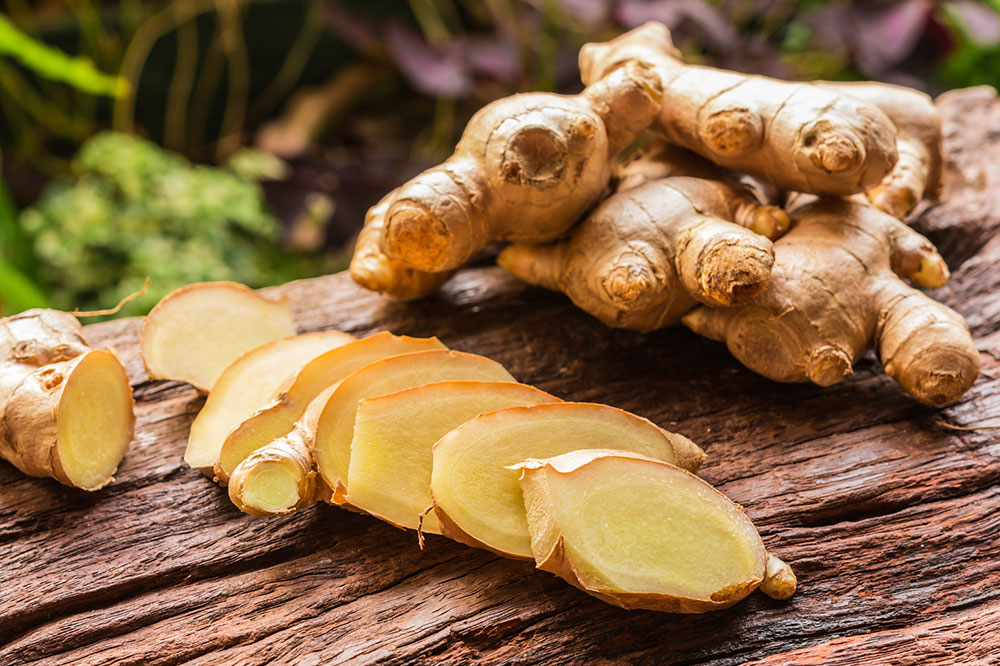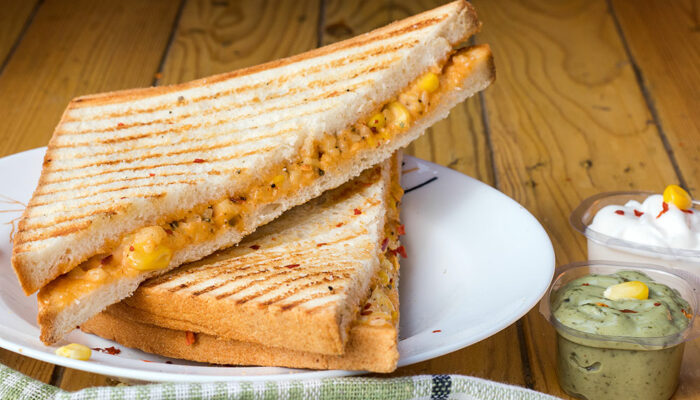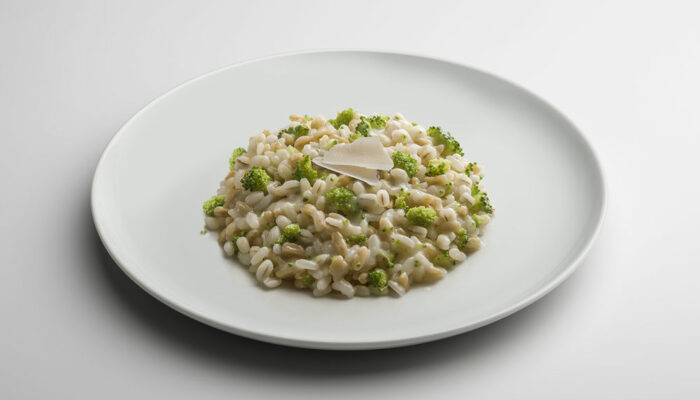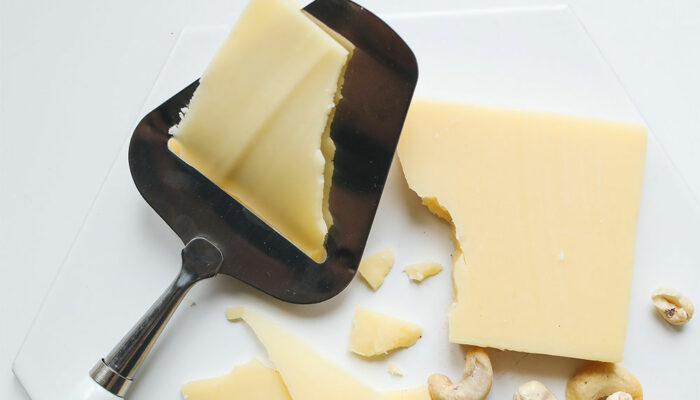
Foods to Eat and Avoid for Acid Reflux
Acid reflux happens when the acid in the stomach flows back to the esophagus. It can lead to complications or cause problematic symptoms. The food you eat has a direct impact on the amount of acid the stomach has to produce. Therefore, eating the right diet is essential. To help you, here’s a diet for acid reflux.
Foods to eat
Acid reflux symptoms occur when the acid from the stomach reaches the esophagus and causes pain and irritation. If you have been experiencing acid reflux frequently, here are some foods that you can add to your diet.
Having this diet for acid reflux will help you prevent the symptoms of acid reflux.
- Oatmeal
Oatmeal, usually eaten for breakfast, is a rich source of fiber for the body. When your diet is rich in fiber, it reduces the risk of having acid reflux. If you don’t like oatmeal, you can alternatively use bread made of whole grain or whole grain rice.
- Fruits
Fruits that contain essential nutrients such as magnesium, potassium, and fiber in large quantities are considered a healthy diet for acid reflux. You can include fruits such as bananas, pears, peaches, apples, pears, and avocados to your diet to fight acid reflux.
- Healthy fats
If your diet is rich in saturated and trans-fats, you must replace it with healthy fats. These unsaturated fats can be found in foods such as walnuts, flaxseed, avocados, sunflower oil, olive oil, and sesame oil.
Foods to avoid
Several foods can trigger acid reflux. According to a research article, there is a link between eating certain types of food and reflux esophagitis. Therefore, these foods must be avoided at all costs. The list includes the following.
- Milk
A study found an association between symptoms of GERD occurring in children and allergy caused by cow’s milk. In the study, researchers found that children experienced GERD symptoms after drinking cow milk. To find out if the same effects can be seen in adults, more studies are being conducted. If dairy products made from cow’s milk become a cause of discomfort or bloating, you must reduce its intake.
- Cholesterol
A study found a link between GERD symptoms and cholesterol. It was found in the study that people who ate saturated fatty acids gaining calories from fat were experiencing the symptoms of GERD more commonly.
- Other foods
Other than dairy and cholesterol-rich diet, there are other foods too that can cause acid reflux. These include:
- Acidic foods
- Acidic drinks such as coffee or orange juice
- Mint
- Chocolate
- Caffeine



